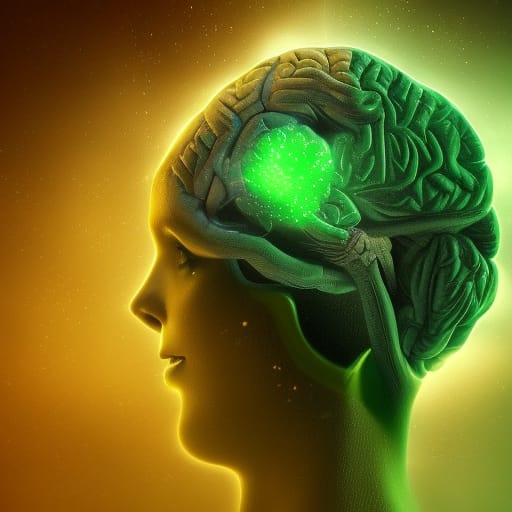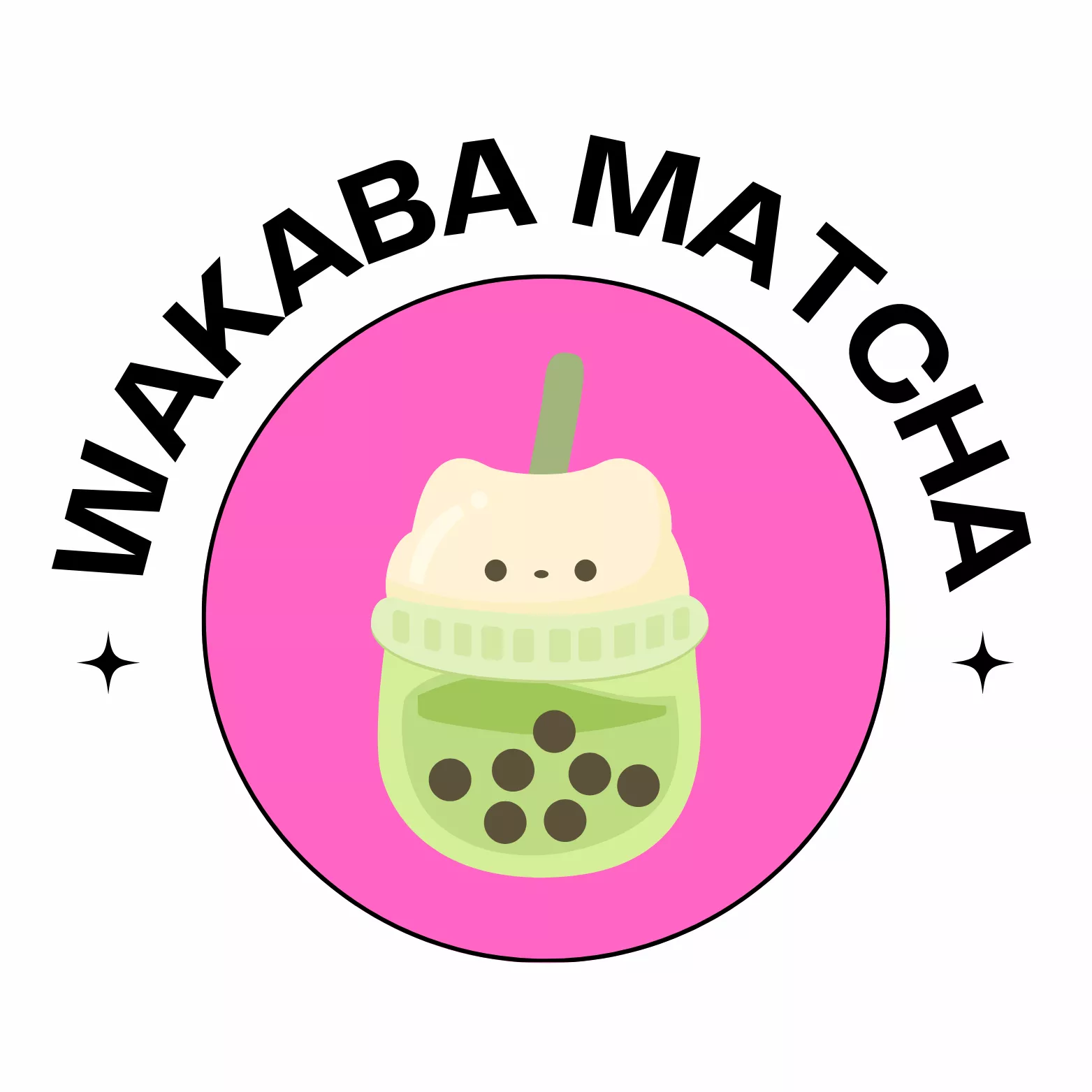
In this era of AI (Artificial Intelligence), human brain and cognitive functions may actually be declining. While everything may be at our fingertips, we are finding hard to keep things in our brain. Just a few years ago, remembering phone numbers or doing simple mental arithmetic, was not a big deal. As AI gets smarter, it is becoming even more important to make sure that we do not get dumber, individually and collectively. Maintaining our mental health now requires conscious holistic effort, which is a combination of exercise, nutrition and mental activities. Can matcha help in the nutritional part of keeping up mental health? Let’s explore.
New to matcha?
Matcha is essentially green tea in powder form. The powder is extremely fine (less than 20 microns in size), making it possible to whisk in water or liquid and consume fully as matcha green tea. However, matcha is not just any green tea in powder form. Matcha tea is grown and processed in a special way to maximise nutritional value and taste. If you are new to matcha, then read our blogs: Matcha – Frequently Asked Questions to get started. Further information on matcha can be obtained from other blogs such as, how is matcha made and matcha cultivars.
Matcha tea nutrition
Matcha is essentially concentrated green tea. Hence matcha tea is a concentrated source of antioxidants, specifically the ones that are called catechins, such as epigallocatechin-3-gallate (EGCG). Matcha also has higher concentration of caffeine when compared to green tea or even coffee. Because matcha is intentionally shade grown, as opposed to green tea, it has high content of chlorophyll and L-theanine. L-theanine is an amino acid. According to the research published in December 2021 (https://www.ncbi.nlm.nih.gov/pmc/articles/PMC7796401/ ) , the combination of EGCG, caffeine and L-theanine, all in high concentration in matcha, makes matcha green tea a potent natural nutrition for the brain functions.
Matcha may help with mental conditions such as anxiety and depression
There has been ample research (e.g. https://www.sciencedirect.com/science/article/abs/pii/S1734114014003867) that suggests that oxidative stress caused by free radicals and reduction in antioxidants to fight these free radicals, causes damage to brain cells leading to stress related conditions such as irritability, anxiety and depression. A combination of factors such as lifestyle, nutrition choices and genetics can affect the brain’s ability to fight these free radicals and normalise oxidative stress. Matcha, with its high concentration of EGCG, which is an antioxidant of the catechin type, can assist in reducing the impact of these free radicals and create a favourable balance in the brain, which may prevent damage to brain cells. In the long run, progression of acute conditions such as Alzheimer’s and Parkinson’s diseases can also be slowed down.
Can caffeine in matcha actually cause anxiety?
It should be noted that matcha contains higher amounts of caffeine than green tea and even coffee. Some people have jitters or experience anxiety after drinking coffee due to caffeine. However matcha is not known to cause such a feeling. It is due to the presence of high concentration of L-theanine in matcha. L-theanine is known to naturally increase levels of dopamine and serotonin in the brain, both of which cause calmness and relaxed feelings. This also balances the effect of caffeine’s sudden impact on the brain. In fact, the combination of caffeine and L-theanine, gives a unique feeling of alertness and calmness, both at the same time.
Matcha can improve cognitive performance
Both caffeine and L-theanine are known to improve cognitive performance and psychological stress responses. There has been extensive research done on L-theanine (e.g. https://www.ncbi.nlm.nih.gov/pmc/articles/PMC8080935/published in April 2021 ), which suggests that it can improve attention, reduce stress, improve mood, even help with sleep. This overall improves working memory and cognitive functions of the brain. Caffeine is well known to improve mental and physical fatigue. Matcha contains both L-theanine and caffeine in high concentration and is hence a unique natural source of both substances.
Does matcha clear brain fog?
The unique combination of caffeine and L-theanine in matcha can clear brain fog by increasing alertness and focus, helping with mental concentration and reducing forgetfulness. It can stimulate the brain, improve mood, and bring clarity to mind and thoughts.
How to use matcha in daily routine?

Drinking matcha as green tea is the most common way of incorporating matcha in daily diet. Ceremonial matcha is best for this purpose. Matcha Latte is another common way of having matcha daily, which could be a healthier replacement for coffee latte. The uses of culinary matcha in cooking are simply endless. Use in baking, desserts, cakes, cookies, shakes, smoothies or simply put in a shaker like salt and pepper and sprinkle on almost anything to add umami flavor to any food such as yoghurt, cereal, pancakes, pasta, etc.
Conclusion
Matcha clearly is one of the most potent natural sources of good nutrition to the brain. A small quantity of matcha can provide a combination of antioxidants, caffeine and L-theanine, all of which may assist in brain functions, improve mental health and reduce degenerative diseases. Don’t let artificial intelligence reduce your mental capabilities. Active lifestyle with balanced nutrition, including healthy dose of antioxidants from matcha consumption, will keep your brain functioning normally.
A word of caution as always from us – everything in moderation is generally a good approach in life. Matcha can become an indispensable part of daily healthy lifestyle, but must be consumed in moderation, as matcha has high concentration of many nutrients. Higher concentration of caffeine and tannins in matcha may cause acidity or liver toxicity, if consumed in very large quantities. Generally, 2-2.5g per serving of good quality organic matcha is recommended.
To buy matcha, visit our matcha products and matcha deals pages.





